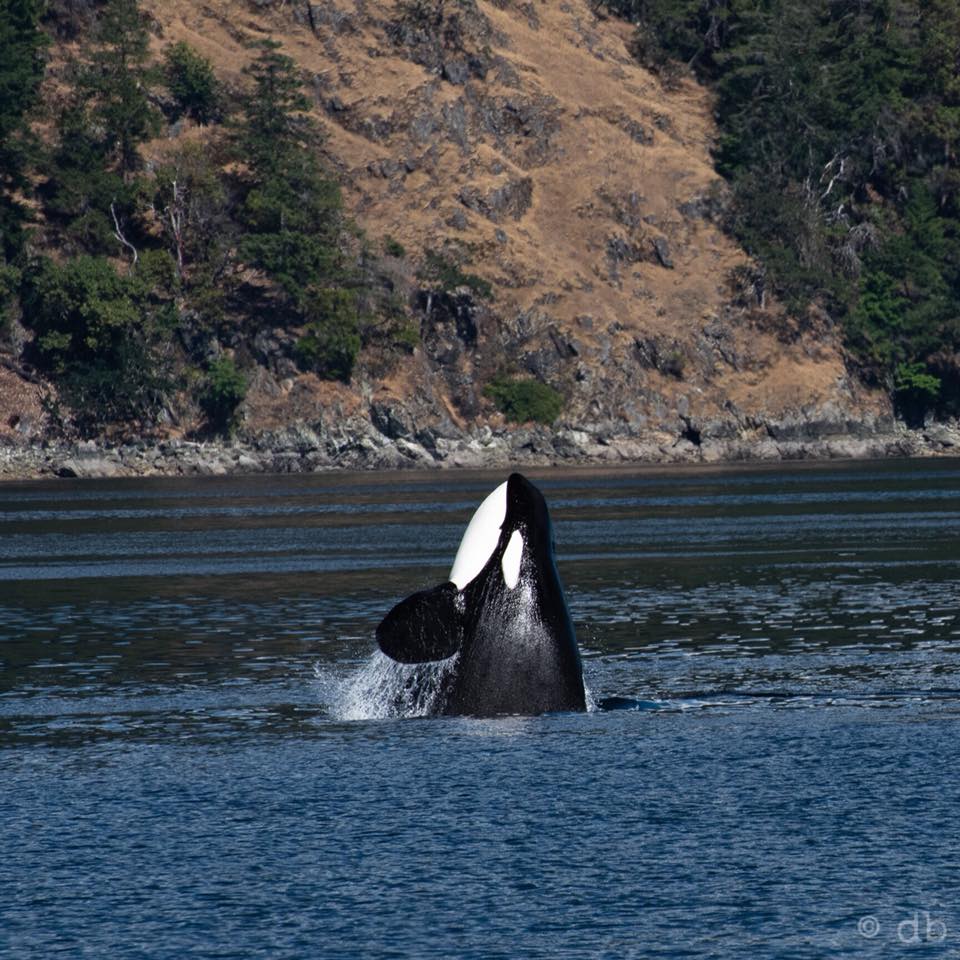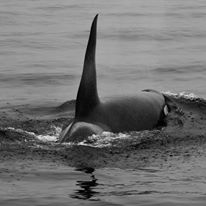Canada taking the lead for whale conservation
The Canadian federal government have announced the creation of new protected areas for chinook salmon enhancements, directing an additional $61.5 million to protect endangered killer whales.
Fisheries and Oceans Canada have said the government are looking to create sanctuaries of new areas of critical habitat off the west coast of Vancouver Island for southern resident killer whales. The protected area of Swiftsure, in the Juan de Fuca Strait between Vancouver Island and Washington State, and Le Perouse Banks off Tofino, will be areas where the whales can spend significant time undisturbed. A range of activities will be prohibited in the area including shipping. The new measurements are part of a $167.4-million initiative aimed at improving prey availability and reducing disturbance to the killer whales.
Southern killer whales were listed as endangered in 2003 and today, only 74 individuals remain in the wild. On October 23rd 2018, the Canadian Senate passed a bill (S-203), that made captivity and breeding of cetaceans a criminal offense, after a multi-year legislative battle. Fines of up to £200,000 could be imposed on parks breaking the new law- a sum set high as a deterrent. The fight for cetacean rights has picked up considerable public support since the release of the documentary Blackfish
in 2013, which showed the perils of holding whales, dolphins and porpoises in captivity in parks like SeaWorld. This bill will mainly affect two parks in particular. The Vancouver Aquarium and Marineland in Niagra Falls, Ontario.
The new bill would, through the breeding ban, phase out captivity over time. Meaning Marineland would still be able to hold the 55 cetaceans, even if the legislation is passed by the commons. The bill would also prohibit the importation of cetaceans, or their sperm and embryo's. In addition another animal welfare bill was passed in Canada- S-238, which will ban the import and export of shark fin products. With world shark populations having declined more than 80% over the last 50 years this is a great move for marine conservation. Canada is one of the world's largest importer of shark fins, surpassed by Hong Kong, China. Tens of millions of sharks are left to die every year for nothing but the prestige associated with a bowl of shark fin soup.
© Ocean Research & Conservation Ireland (ORCireland) and www.orcireland.ie , est. 2017. Unauthorized use and/or duplication of this material without express and written permission from this site’s author and/or owner is strictly prohibited. Excerpts and links may be used, provided that full and clear credit is given to Ocean Research & Conservation Ireland and www.orcireland.ie with appropriate and specific direction to the original content.
SHARE THIS ARTICLE















